Who's your Daddy?
Have you ever called someone ‘Daddy’ in an unironic, sexual way?
Have you ever been on the receiving end of the title?
And if you have, do you fit the stereotype of what contemporary culture would generally consider a Daddy - middle-aged or above, male, a literal father of children and just general ‘Dad vibes’ (e.g you listen to music from over 2 decades ago, you may work in labor, drive a ute, people would consider you as being ‘good with your hands’, you have abundant facial hair but most of it isn’t on your head, etc).
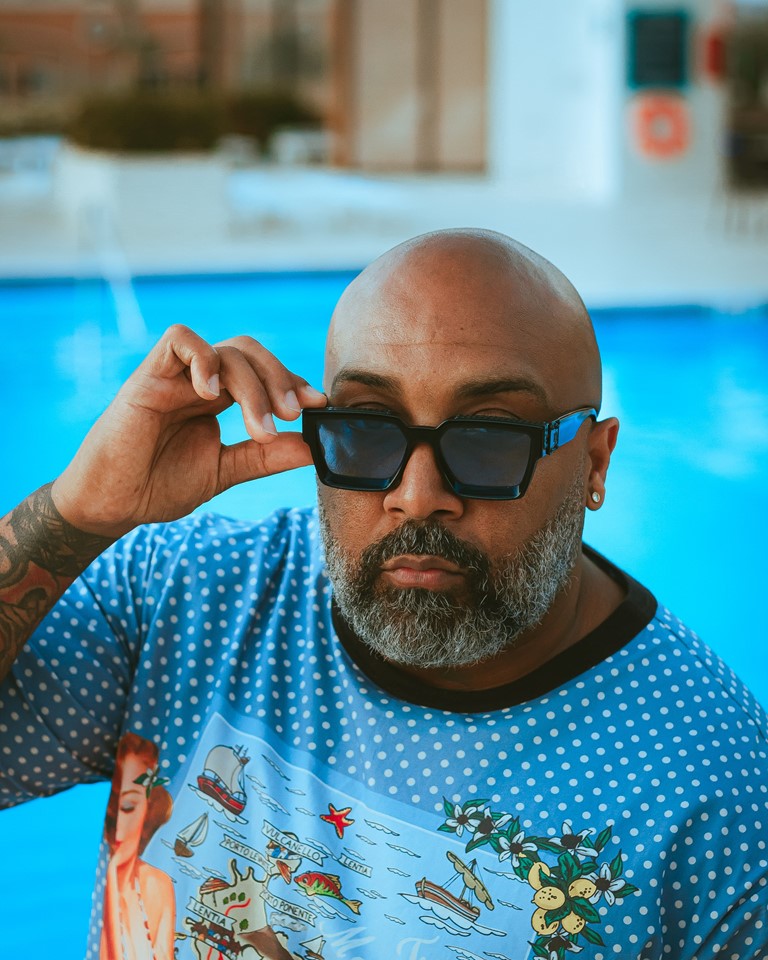
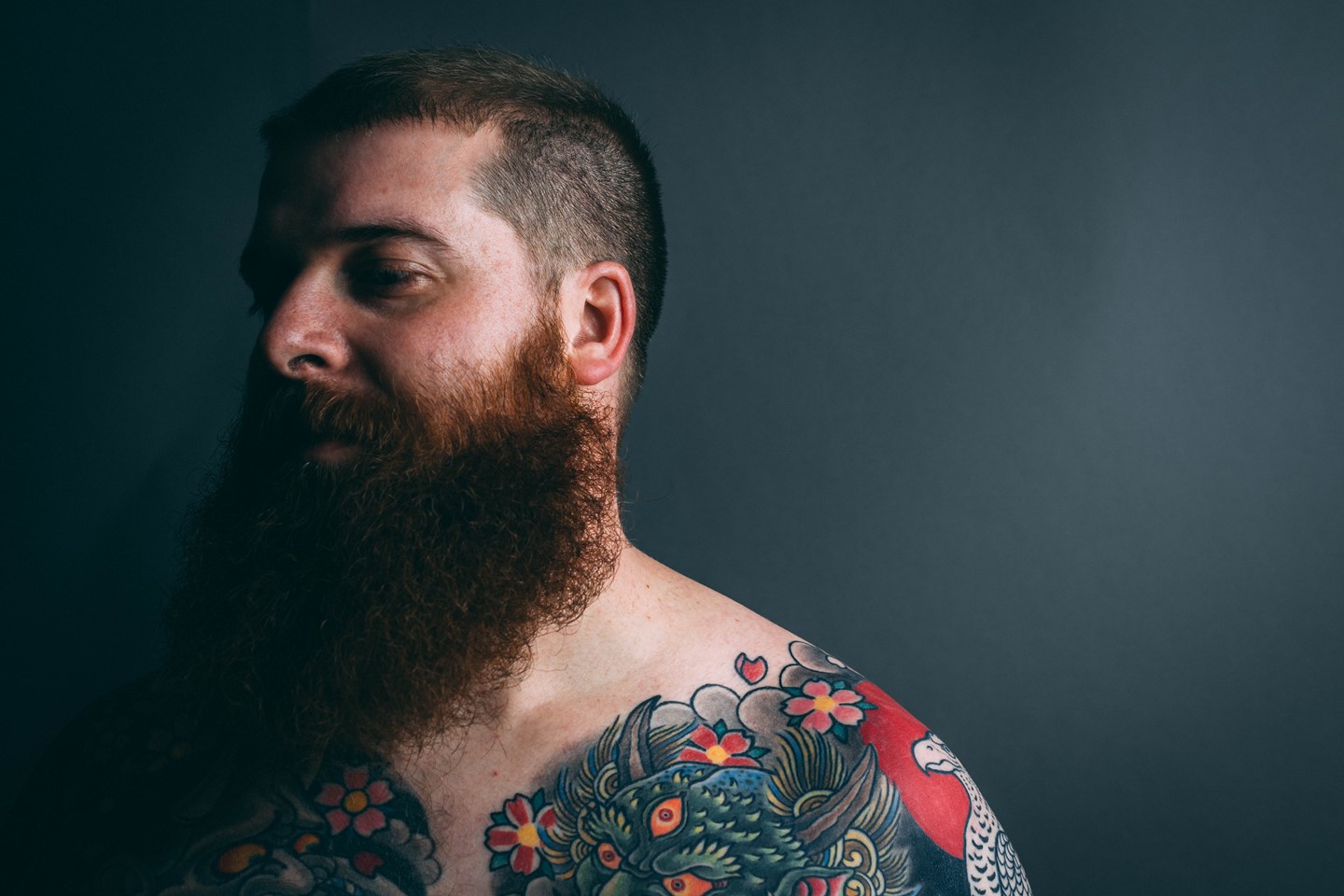
Most of us are familiar with that Daddy stereotype/archetype. Think Robbie Magasiva, Pedro Pascal, Idris Elba, Jon Hamm, Tom Selleck, Manu Bennett, Daniel Dae Kim (If you’re a fan of Lost, you know… drool).
A daddy is a hot older man, it’s pretty self explanatory, right?
Right…? Wrong.
In 2019, then up-and-coming pop girlie Slayyyter came out with her song, ‘Daddy AF’.
“Daddy as f*ck, I feel daddy as f*ck”
In the music video, there are a few scenes of her enjoying her time with several men - but they aren’t really the focus of the video; nor the song. Slayyyter - in all of her bleached blonde, leopard-print, lingerie-and-clear-plastic-heeled-realness - is the one who is Daddy AF - not the men she’s with.
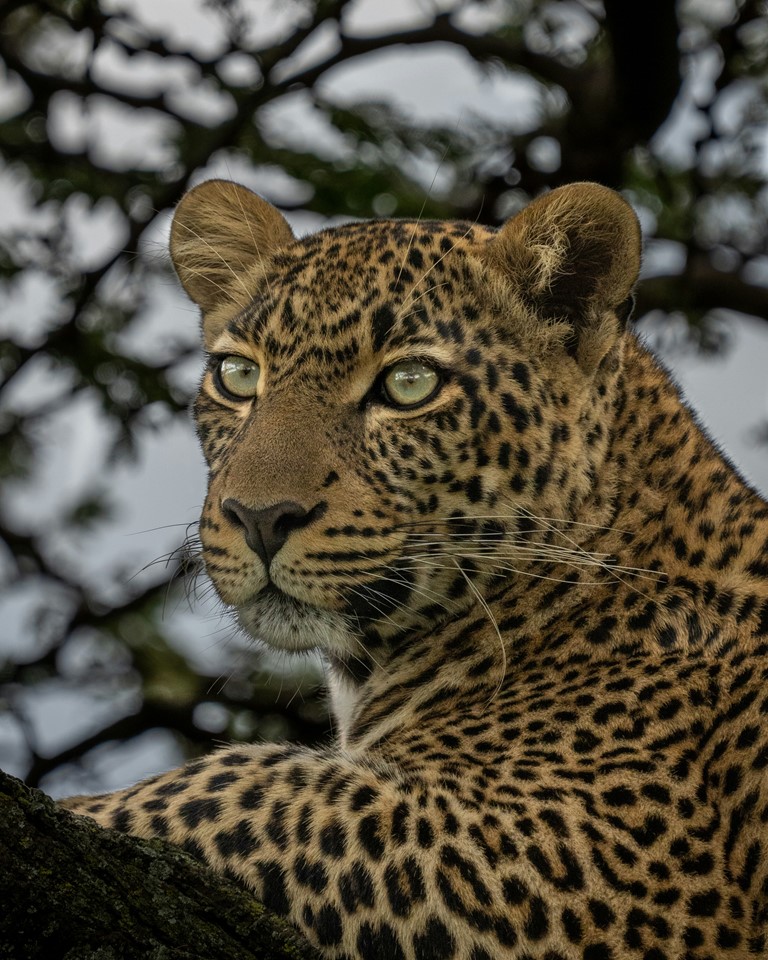
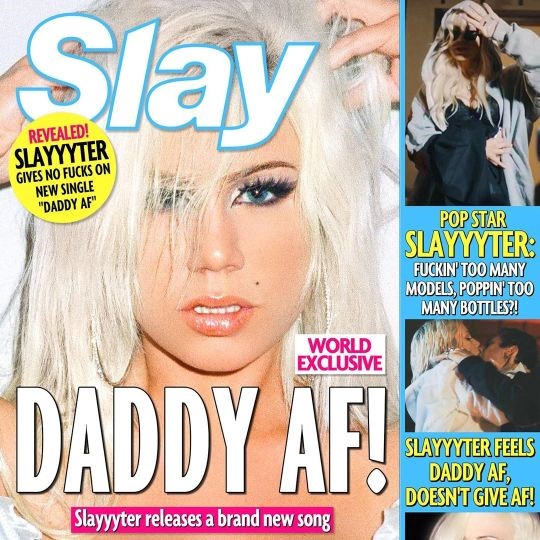
Clearly, Slayyyter is nothing like the typical Daddy archetype, and even though she’s being kinda pierced-tongue-in-cheek about the whole thing, and the song doesn’t really take itself seriously, she’s also being authentically herself. She IS Daddy.
How is that possible? Let’s do a Deep Daddy Dive In.
Addressing the big ol' elephant dick in the room
It’s no secret that the word ‘Daddy’ etymologically stems from the word ‘Dad’. We know that. We get that.
In many parts of the English-speaking world, people call their fathers Daddy in a completely serious, benign and totally non-sexual way. We can definitely acknowledge this.
Also, infantilization fetishes and daddy-son fetishes; they do exist, but we’re not going there.
We also know that many of us, especially in the Queer community, are members of the Absent-Father-Club. Does that have something to do with the way our community has sexualised words like ‘Daddy’ and ‘Papi’, while also placing words like ‘Mother’ on a pedestal - deemed only appropriate for our favourite fem icons and divas?
We’re leaving that one to Freud. Again, this blog isn’t going there.
deep breath OK, now that we’ve got that out of the way. WHO’S YOUR DADDY?
It turns out, Daddies have been a thing for a while
There are recordings from as early as 1910 that the slang word ‘Daddy-o’ was used to mean someone in touch with popular culture. Later, it was commonly used in 1940s jazz music and culture, particularly among Black American communities, and then in 1950s-1960s beatnik poetry and culture. (Think the 2010s-era hipsters of your great-grandparents' generation).
In 1938, the musical Leave it to Me! premiered, which included a song written by Hollywood homosexual Cole Porter and originally performed by Mary Martin called ‘My Heart Belongs to Daddy’ - in which the main character Dolly Winslow sings about how - even though she’ll have fun with plenty of other ‘boys’ - at the end of the day, her heart belongs to her sugar daddy, Buck. (P.S speaking of sugar daddies, check out our blog Rewards & Casual Sex Work)
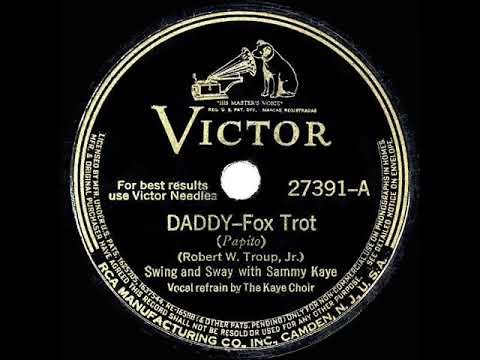
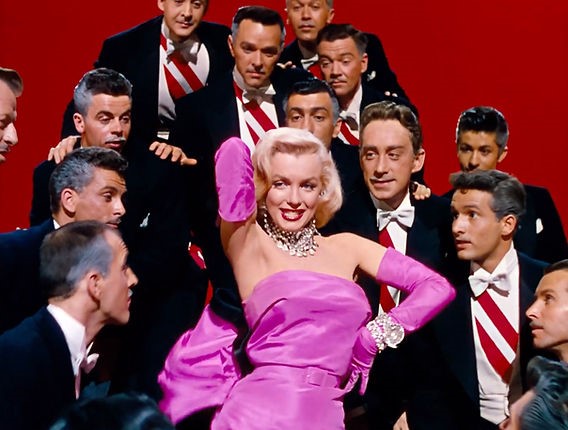
And in the 1953 movie Gentlemen Prefer Blondes, Marilyn Monroe plays a woman called Lorelei Lee, who throughout the film, continually refers to her male love interest as ‘Daddy’.
In 1968, British rock band The Zombies came out with their psychedelic banger ‘Time of the Season’ which includes the lyrics: What’s your name? Who’s your Daddy? …Is he rich like me? Through this low key misogynistic line, the character is basically saying “Hey girl, do you come from a wealthy family?”
‘Who’s your Daddy' was likely a common phrase before this song even came out, but no doubt it helped it gain even further popularity - and funnily enough - become a popular pick-up line...
Among countless examples of this, one is 50 years later, in an old My Wife & Kids episode. The Kyle family go on holiday to a beach resort, and the eldest daughter of the family Claire (played by Jennifer Freeman) gets accosted by a handsome stranger who asks her: ‘Damn, who’s your Daddy?'
Claire smiles back, and she’s about to answer him when Dad Michael (played by Damon Wayans - sidebar, BIG Daddy energy) interrupts, and unapprovingly says back to this stranger: “I am her Daddy”. (Fake sitcom laughter ensues).
It's played for laughs, and perhaps audiences from 2005 would have found this funny. But watching this back in 2025, with the word 'Daddy' meaning what it currently means... this scene is a slightly uncomfortable watch.
The Daddy body commodity
So, there’s a physical aspect to being a Daddy too.
The term ‘Dad Bod’ was first popularised in the blogosphere in 2015, with the original meaning:
… “the physique of a man who was once athletic, or moderately fit, but now has a "beer belly" or "spare tire" (i.e., he has gained a noticeable amount of body fat around the waist as he aged, leading to abdominal obesity), but the arms, legs, and chest are usually in relatively good shape.” [Wikipedia]
Again, it’s something that many people admit to finding sexy - and not despite or in-spite-of, but because of its proximity to older men. It makes you wonder: Why is this phenomenon linked only to men? Can a Mum Bod be hot, too? And why is that not a thing? Here’s a great article from Glamour UK that poses this very question.
And, despite our love of Dad Bods, even men aren’t totally free from the shackles of Western body image standards either.
You’ll notice even in the original 2015 meme-eaning, that while bellies were accepted - muscular or well-toned arms, legs or chest were still required in order to have a Dad Bod. Looking like you once were athletic or fit was very much a pre-requisite. You couldn’t live a sedentary life, have a child, and then immediately have a ‘Dad Bod’ - it wasn’t really a celebration of body diversity or body positivity. You had to already be hot (at least, according to western male body standards).
In some ways, in 2025, the idea of a Dad Bod has almost become a caricature of itself, with the standards for what a Dod Bad having become absurdly high and unrealistic.
[Author's Note] I recently talked to a friend of mine who described the physique of a guy she was into as having a ‘Dad Bod’. My interest was piqued. She showed me a photo… and not only was he, probably 23 years old, but he literally looked like a bodybuilder who was on a bulk, or just slightly bloated in that one image. THAT is what we call a Dad Bod now? What is happening!???
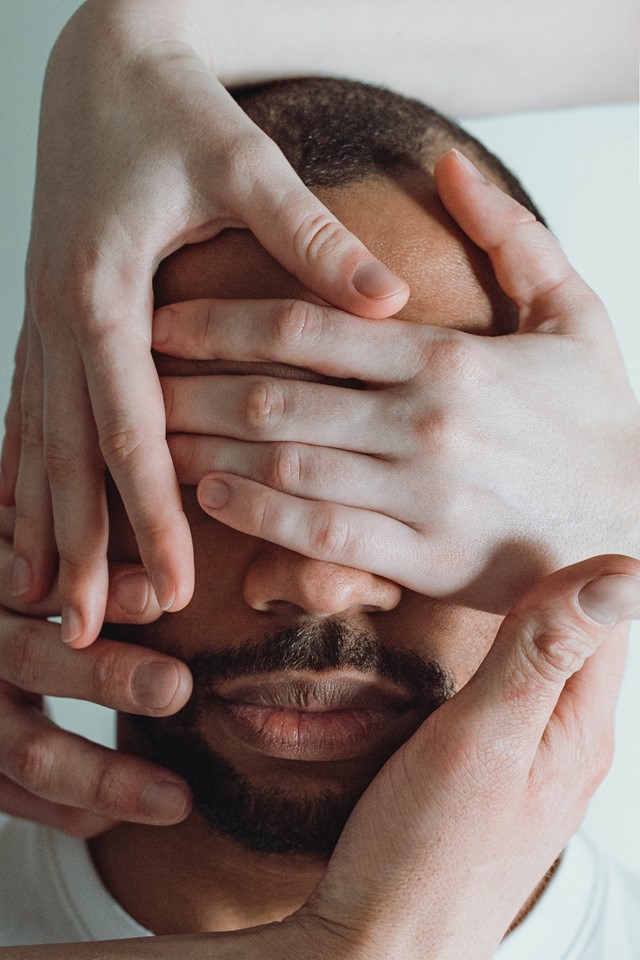
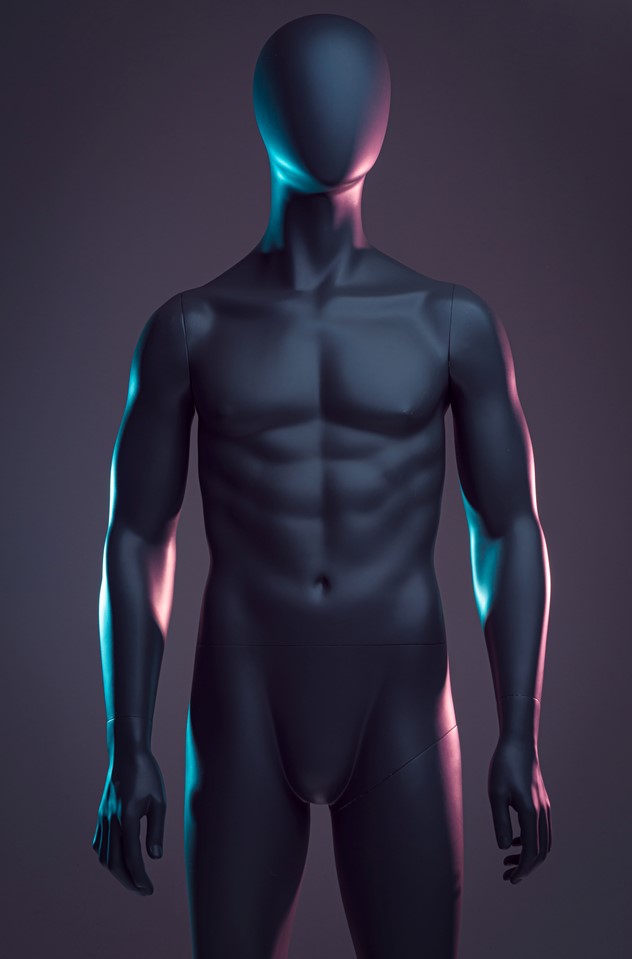
Different types of Daddies and usages
-
Daddies in context of a relationship
You've probably heard of these ones.-
You can ‘have’ a Baby Daddy (the father of a child you share parental responsibilities with) but you wouldn’t necessarily call yourself a Baby Daddy - it’s defined by your relationship to the other parent/s.
(It's also important to recognise the African American Vernacular English (AAVE) roots of this term - here's a great article from Elle that dives into how this word has become 'gentrified' in current pop culture) -
A Sugar Daddy on the other hand describes an older man who is in (or is looking for) a relationship with a ‘Sugar Baby/ies’ in which some kind of transactions occurs (often it is money for sex - but this is not always the case).
-
-
Daddies in context of a hobby or interest
For example, a ‘Plant Daddy’ or a ‘Dog Daddy’. This type of Daddy has a particular interest or hobby or lifestyle. It can be interchanged with ‘Mom’ for women and fems. There may be a non-gendered or non-binary version of this one - let us know if you know! -
Zaddy
Google will tell you that a Zaddy is an attractive, stylish, confident man - and sometimes, but not always, older (essentially interchangeable with Daddy). However it's also commonly used by the non-binary community and people who like the concept of a Daddy but don't necessarily identify with the masculine association of it. -
‘Daddy’ as a one-word compliment
You may have noticed this on Grindr and other dating or hook-up apps. Instead of sending the one-word ‘Hot’ or ‘Cute’ or ‘Looking good’ - the word ‘Daddy' can communicate the same thing. (Sidenote: Check out our rankings of our favourite Grindr Greetings)
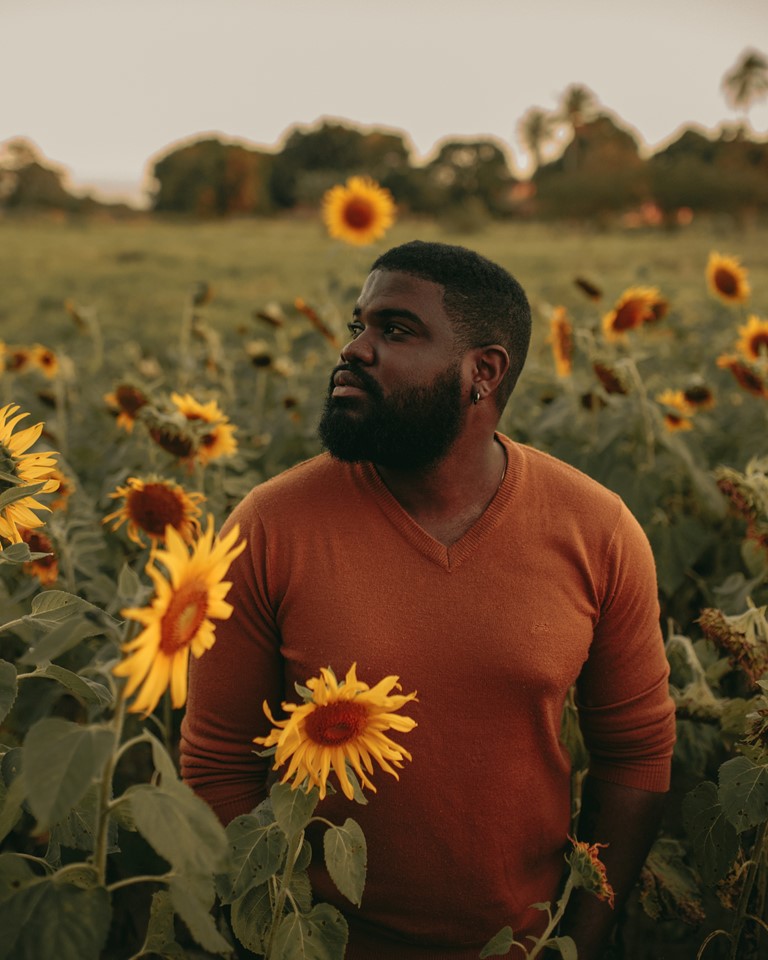
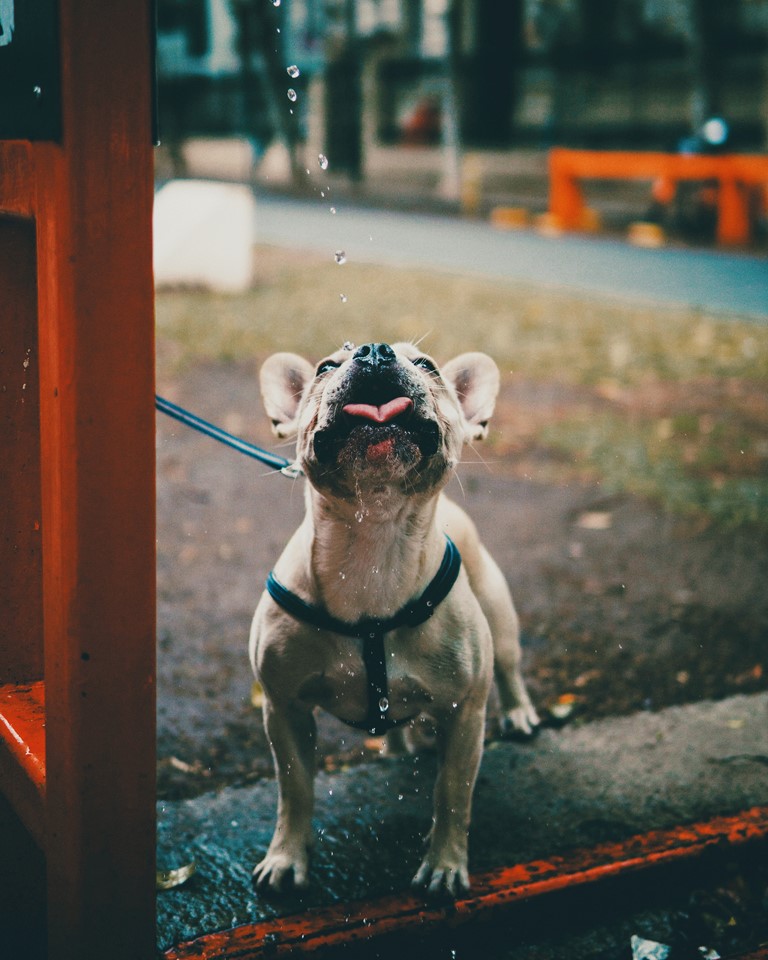
Nerding out about linguistics
Semantic Shift is a linguistic term that refers to the phenomenon where the original meaning of a word can change over time, usually due to a change in society or the way that people specifically will use a word in popular culture, for whatever reason. For example - in Old English - the word ‘meat’ used to refer to any type of food, not just animal flesh. Or the word ‘nice’ which originally meant ignorant - not kind.
Some modern examples include the slang ‘Hooking Up’. Elder Milennials and older may remember a time (over 20 years ago) when ‘Hooking Up’ literally just meant to hang out with someone. It was totally innocent and not necessarily sexual. We all know what it means to hook up with someone now. (Although, according to Grindr, it has never been a platonic term).
The word ‘Daddy’ has obviously experienced a huge semantic shift over time, but in a way, it’s also frozen in its current place at the same time. Generations of children have grown up calling their fathers ‘Daddy’ - and we don’t see that changing. And as we know from Marilyn Monroe, we’ve been calling our romantic and sexual suitors Daddy for over 70 years now - and that usage likely isn’t going anywhere either.
A more recent change though, and it's been slow and somewhat limited to certain circles, is the opening-up of what a Daddy (outside of a literal father of a child) really is and the shift away from the stereotype.
To revisit Slayyyter’s song from earlier, her lyrics ‘Daddy as fuck’ is woven in between lines like:
…Whippin' in a pink truck, daddy as fuck
He wanna get in my guts
Lickin' my clit 'til I nut, daddy as fuck…
Slayyyter is being very intentional here. She’s ‘being’ Daddy AF, she’s ‘feeling’ Daddy AF and what does that mean? Confident, hot, hyper-sexual… and pretty dominant. While she may not look like the Daddy stereotype that we’re all familiar with, she’s certainly acting like one.
It’s not only straight women, or gay men, who have embraced Daddies, either.
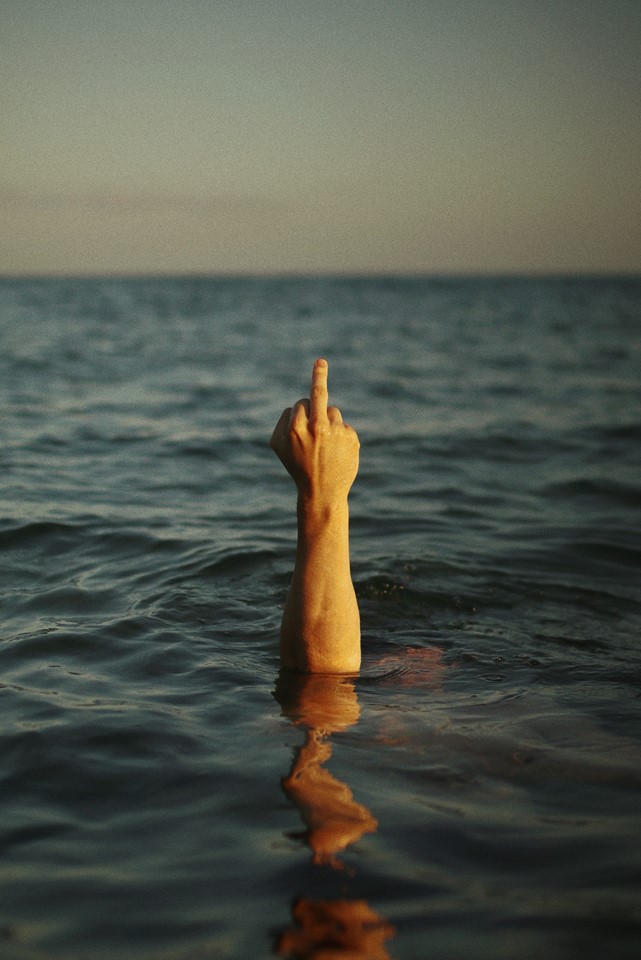
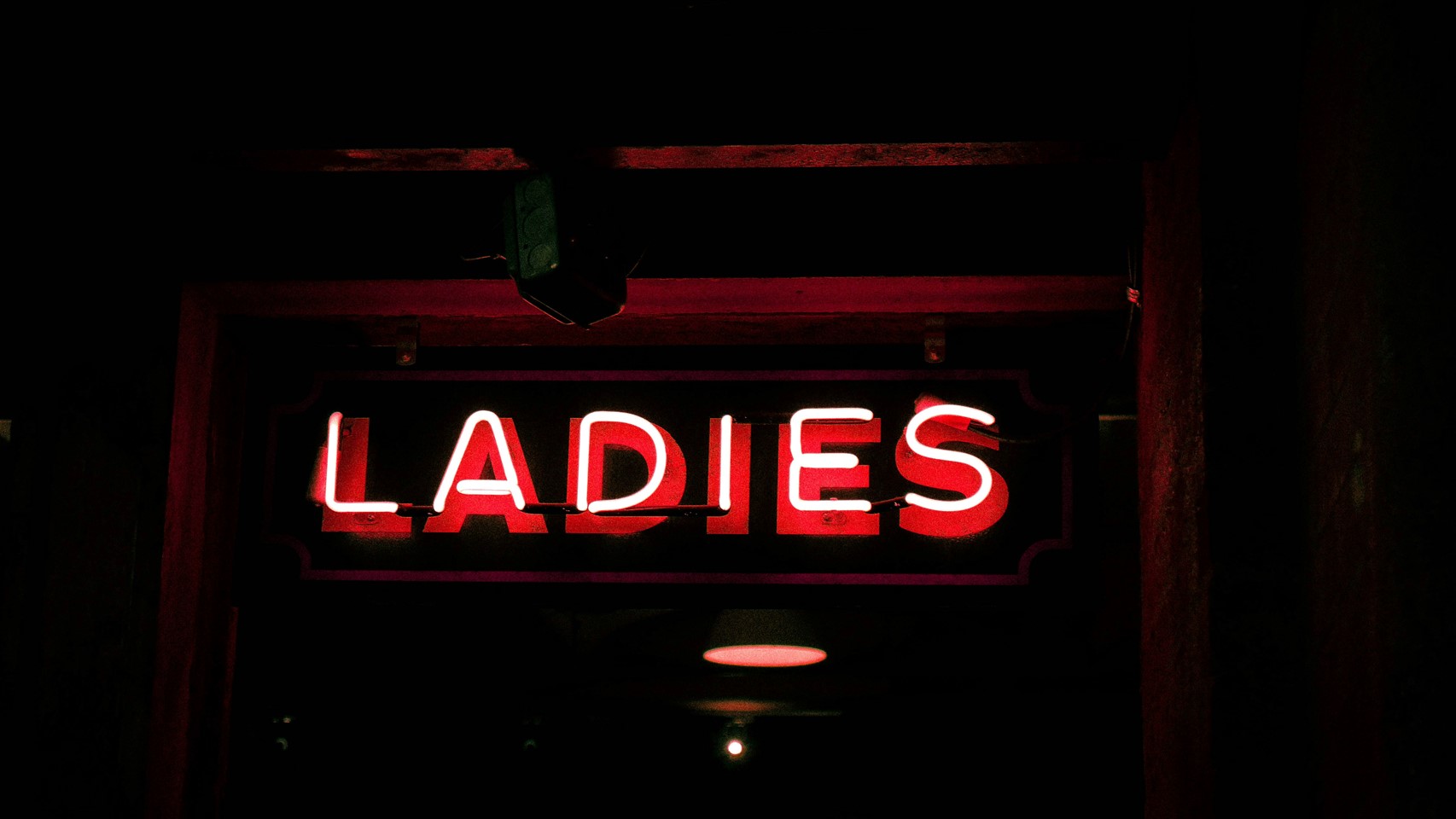
Daddies: A f*ck you to the patriarchy and misogyny
We talked with Jess (She/They), a masters student at University of Waikato who’s research focuses on gender, sex, and sexuality, about the way that the Lesbian community has claimed the word Daddy.
What does the word Daddy mean to you?
I associate it with both my sexual and gender identities, which are interwoven/reflective of each other rather than mutually exclusive.
Can you explain more about the association with your sexual and gender identities?
The sexual perspective is more straightforward than the gender perspective. It’s about my love for giving pleasure. It’s tied heavily to being a service top and taking care of my women sexually. It has elements of possession and dominance, but always rooted in being a safe energy.
It can be about the way we have sex, but it is also about the energy brought to sex and attraction. I find there is some reflection on the types of femininity that I’m attracted to also, in that I enjoy being the more fluid/masculine energy than a partner.
From a gendered perspective, it’s more complex. It’s innate for me to offer physical care and protection to my partners, which is traditionally associated with men and masculinity.
How does this translate to your real life?
Being Daddy is about energy and actions that reflect my masculine side and allowing myself to have a label to understand that side of me and embrace it. For example, little things that are associated with being a gentleman like:
- Opening doors for people,
- Having my hand on your back or knee so you know I’m close/listening/aware,
- Making sure your warm when we’re out, etc.
Are there any aspects of the traditional Daddy stereotype that you reject?
Yes! For me, it's also a fuck you to misogyny and the patriarchy. To aesthetically present as a woman (in my case, a short woman), and take up a label that is traditionally associated only with men and paternity is a huge contradiction for lesbians and people who don’t conform to the binary constructions of gender.
It’s a challenge to what/who qualifies as masculine and the toxicity and danger that masculinity can be associated with at times and in certain environments. So there’s an activism and purposeful deconstruction/reclamation angle too.
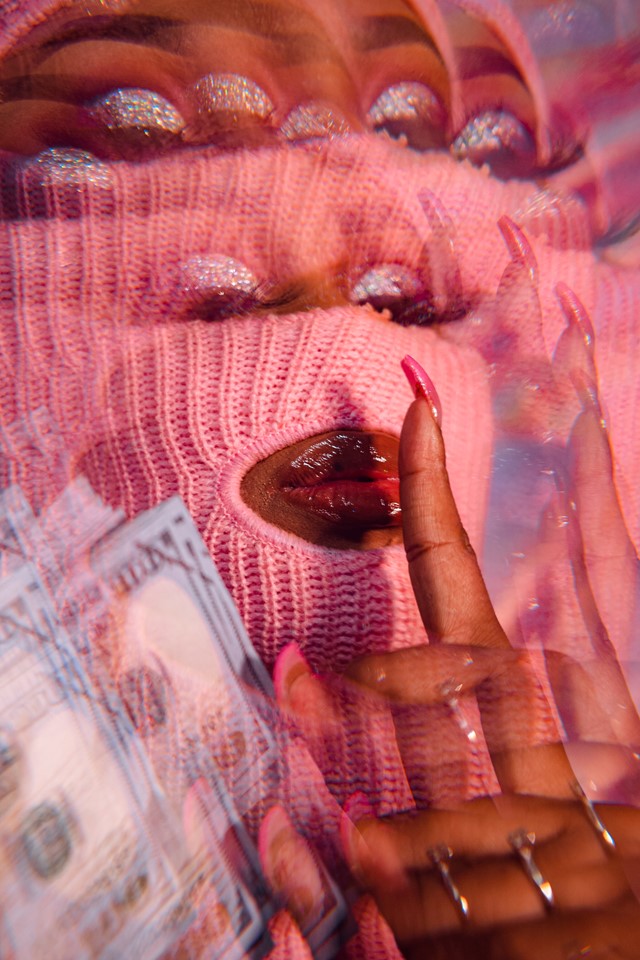
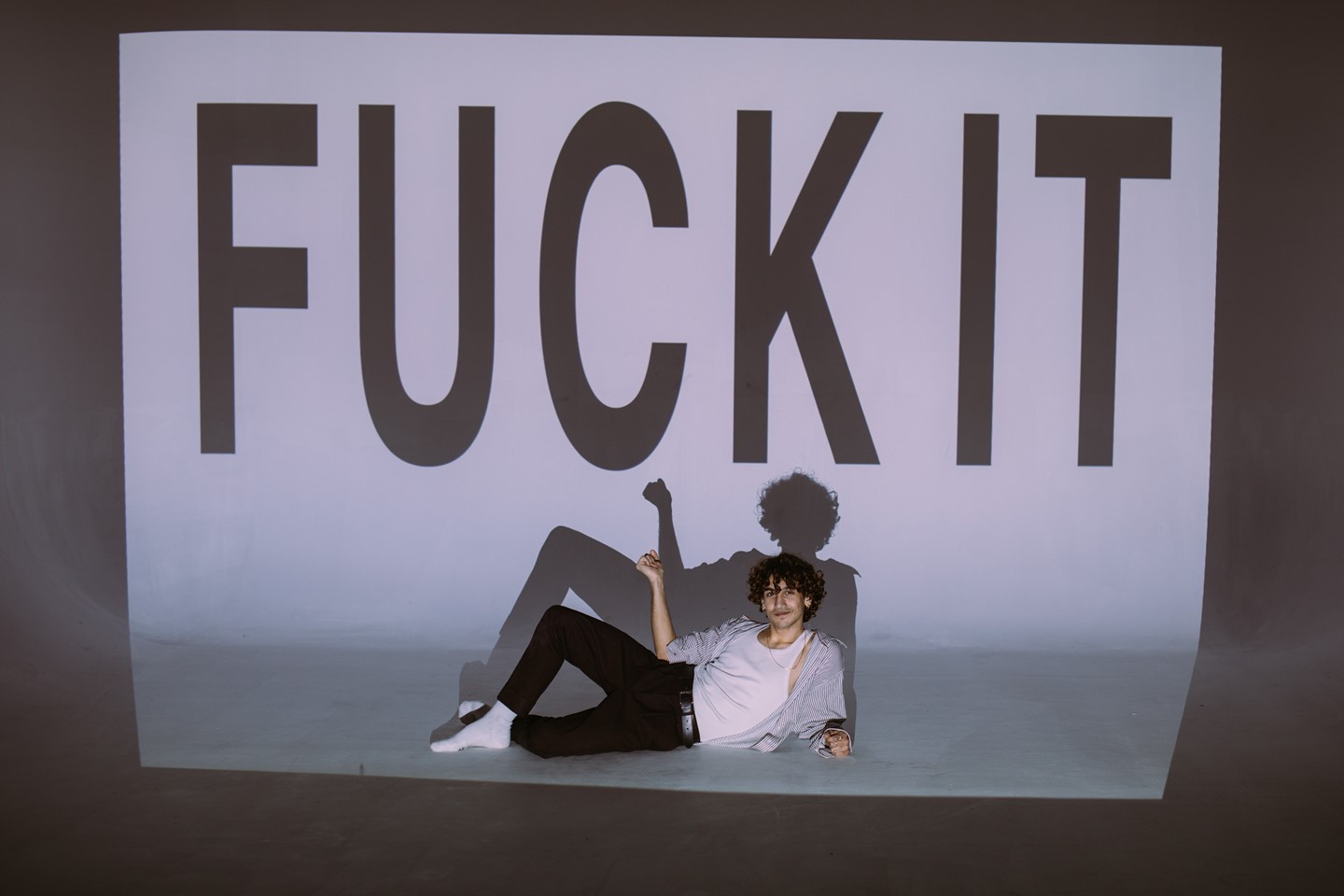
So, anyone can be a Daddy?
The short answer: Yes!
We aren't here to gatekeep who is and who isn't a Daddy.
It's a highly personal term, and for some of us, it's a huge compliment and/or acknowledgement of the kind of person we want to be (or be with). If that's you - let it be known (if you're comfortable)! 'Daddy' categories and tags on Grindr, Scruff and other apps are there for a reason, so Daddy admirers can find you. ;)
On the other hand, there are some men who really don't like the term - and might take offense to being called a Daddy. As always, check someone's profile before you call them a Daddy, or if unsure, just ask so you're on the same page.
And, while some lesbians like Jess identify with being a Daddy, we wouldn't recommend that you go around just assuming that all lesbians will agree or think the same way. This of course is true for people of any gender or sexuality - don't make assumptions!
You can call me Daddy, though. ;)



